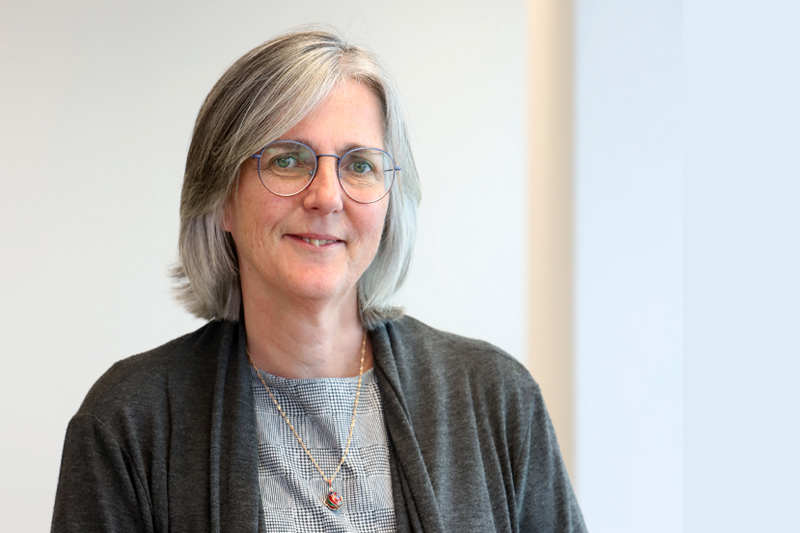Student fee block issues and the protest environment
13 March 2023 | Professor Sue Harrison
Dear colleagues
An environment of protest is disruptive in and of itself. It also affects everyone at the University of Cape Town (UCT) in a number of ways. It creates uncertainty about access to campus and the ability to work; it increases your workload, as you respond to interruptions; it surfaces anger, fear, anxiety and stress; and it strains our relationships with each other and with our students – relationships that are integral to the teaching process, to our long-term productivity and to our joy in our work.
We have experienced student protests over the last three to four weeks. An interim interdict was granted by the Western Cape High Court on 17 February 2023. Having this interdict in place has helped us to respond to unlawful acts and ensure that the academic project can continue.
We would far rather not have to rely on the intervention of law enforcement agencies. A key part of higher education is to facilitate dialogue and debate between groups and individuals who disagree about important topics. As an institution that comprises multiple stakeholder groups, we can find constructive ways to address such matters in the collective interest of all concerned.
I know that the presence of law enforcement services on campus is a cause for concern for everybody. I assure you that they would only be present on UCT campuses to respond to unlawful activities under interdict conditions.
We are concerned about the claims that law enforcement officers engaged in racial profiling. We reject any form of racial profiling and will engage both Campus Protection Services (CPS) officials and law enforcement to investigate these claims. This process might require us to review video footage of these activities and it may take some time.
What makes the current environment even more difficult are all the reports generated through mainstream media and social media. Not all these reports are accurate, and they may increase fear and anger. So I hope you will read these reports critically and carefully and encourage other members of the UCT community to practise restraint in responding to them. It is so important to get the facts right in an environment of high emotion.
The executive is working to move our engagements with protest leaders beyond accusations and allegations. We are focused on getting to the root of the problem of fee blocks and to build a holistic, long-term solution so that we don’t find ourselves having to repeat this process in 2024.
Following the Council meeting of 11 March 2023, we will work towards a mediated solution with the students and UCT leadership facilitated by independent external mediators.
I thank each of you for playing your part during this difficult time. UCT is responsible for the health and safety of more than 35 000 staff and students on campus. This is a collective responsibility that extends beyond CPS and the Student Wellness Service. You have demonstrated your willingness to live up to that responsibility by showing up for work and helping those around you to pursue teaching, learning and research, along with the many other functions that keep the university operating day by day.
UCT is engaging with all the relevant stakeholders to find a well-balanced solution to the current challenges, to ensure the long-term sustainability of our university and to avoid future conflict over higher education funding. I invite you to read the UCT Student Financial Aid Support Update about the measures the university has taken so far to allow academically eligible and financially vulnerable students to register for the 2023 academic year.
This has been a difficult time for everyone and a distressing start to the academic year. But I am confident that we can find solutions that will not only end the current crisis but will prevent future protests over fee blocks.
With kind regards
Professor Sue Harrison
Acting Vice-Chancellor
Read previous communications:
 This work is licensed under a Creative Commons Attribution-NoDerivatives 4.0 International License.
This work is licensed under a Creative Commons Attribution-NoDerivatives 4.0 International License.
Please view the republishing articles page for more information.








